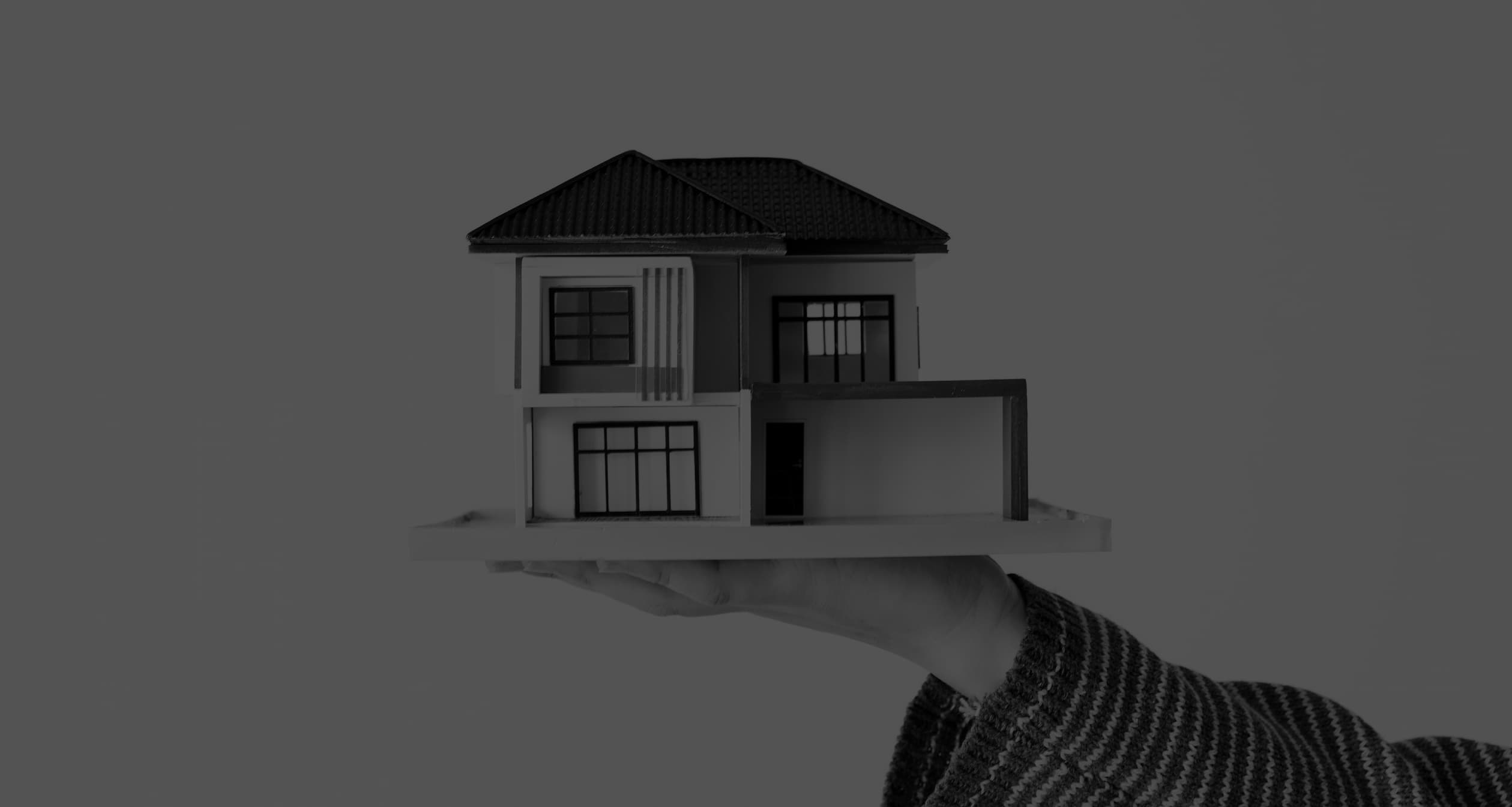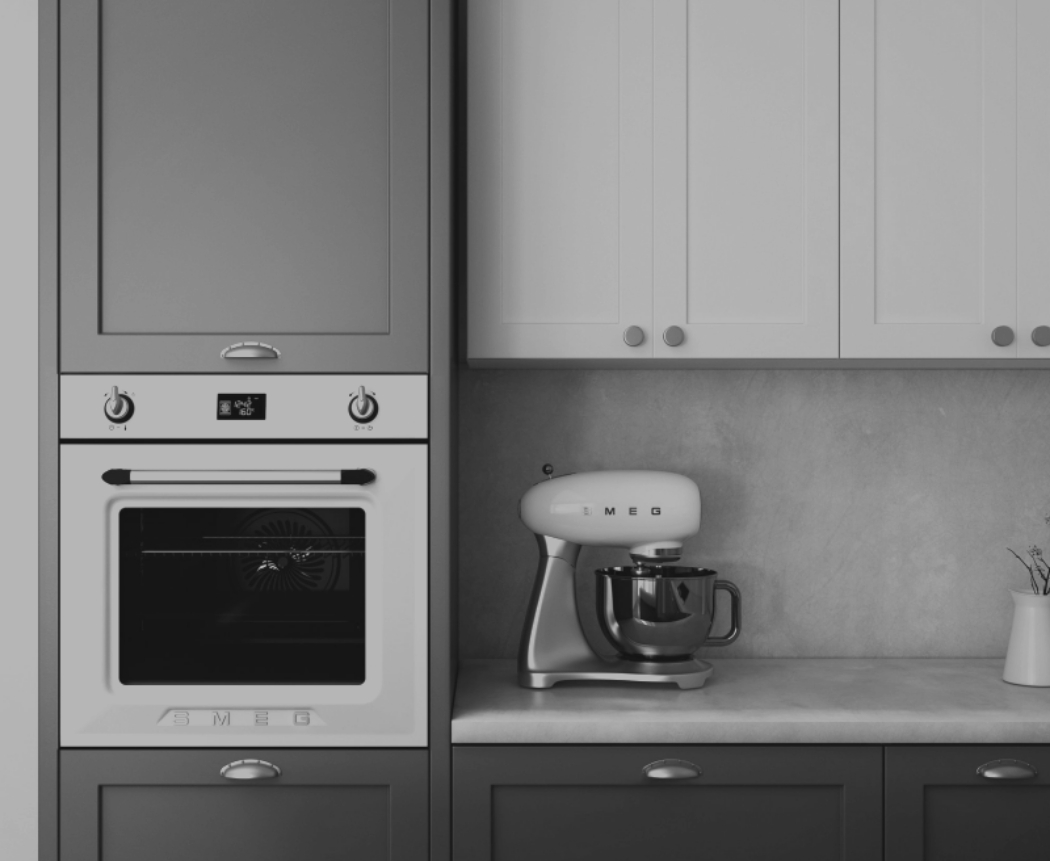If you have any type of insurance - whether it's for your home, car, or health - chances are you've received renewal terms and asked yourself, "Why did my insurance premium go up?"
This could be a tricky subject because we know that no one wants to have an unexpected increase in expenses! This informational is to let you know that there are instances when your premium can increase, and these are some of the reasons why.
As we have previously mentioned, insurance premiums are different for every person. These are so tailor made to you that when there is a small change in the information that was used to calculate your original premium, your premium will likely increase. For example, you could have moved homes and the area you now live in is deemed higher risk, so your car insurance premium may increase.
Mitigating circumstances, such as the number of previous claims you have submitted, the frequency of natural disasters in your area and even a low credit score may all cause your premium to increase, even if the latest claim was made for damage, you did not cause.
As far as insurers are concerned, a history of claims increases the odds that you'll make another one. When it comes to increases in premiums, not all claims are created equally. Dog bites, slip-and-fall public liability claims, water damage, and mold can all act as signals of future liability for an insurer. These items tend to have a negative impact on your premiums and your insurers willingness to continue providing cover.
New risks are also a factor when it comes to your premium. These would include anything that you add to your home that would create additional damage or liability possibilities. Some common risks we see are installing a pool, trampoline, or fireplace.
We all know that your credit score is important for wanting to get a loan, but insurance companies look at your credit score for a different reason. They have determined that people with low credit scores are more likely to get into an accident than people with high ones. As a result, they might charge more if you have a lower credit rating. That is one more reason to keep an eye on your credit score and improve it if necessary.
For many the big question is "Will my premium automatically increase if I make a claim?" The short answer is that it depends on who are what is at fault. A single claim will not normally trigger higher premiums for homeowner policies, but two or three probably will. It does also depend on the insurer.
If your car was damaged because a reckless driver slammed into you, or a tree fell on your parked car, your rates probably won't go up. It is another story if you were at fault, in which case you would probably see an increase in your premiums when it comes to renewal time.
To limit your increases and save money when you need it most, our advice is to limit the amount of claims you submit and always make sure your information is as up to date as possible. As always, we highly recommend that you keep an open relationship with your broker when a potential claim happens.



